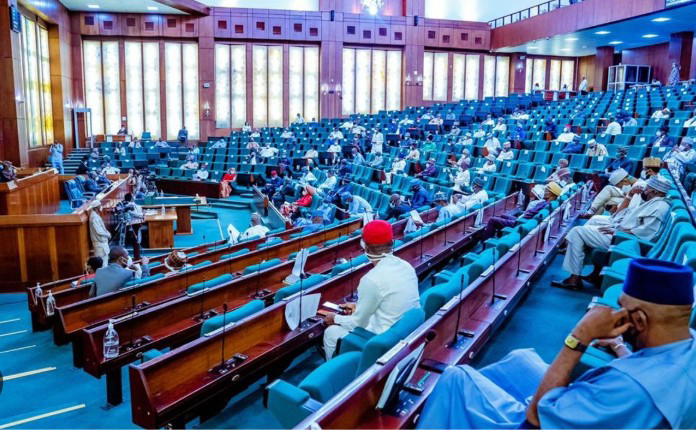….Speaker Abbas says accurate data vital for development, security
By Gift ChapiOdekina, Abuja
The House of Representatives has called for the adoption of a modern, technology-driven system for the registration of births, deaths, marriages, and other vital events to enhance national planning, social development, and security.
Speaker of the House, Rep. Abbas Tajudeen, made the call while declaring open a public hearing on the Bill to Repeal and Re-enact the Births, Deaths, etc. (Compulsory Registration) Act. Represented by Rep. Godwin Offiono (Cross River), Abbas said the proposed law aims to modernise Nigeria’s civil registration system through the introduction of an electronic framework for collecting and managing vital statistics.
“Accurate and timely registration of births, stillbirths, deaths, marriages, and other vital events is essential for national planning and good governance,” the Speaker stated. “The current Act was enacted for a different era—one without digital tools or modern data systems.”
He noted that with Nigeria’s growing population and rising demand for data-driven policymaking, a digital civil registration system aligned with international standards and UN recommendations has become imperative.
According to him, the proposed electronic system will eliminate duplication and fraud, enhance identity management, and ensure easier access to certificates across all parts of the country.
Chairman of the House Committee on Population, Rep. Odimayo Okunjimi, also emphasised that the existing legal framework for civil registration is outdated and inadequate for a digitally driven society.
“Without reliable civil registration and vital statistics, the nation cannot effectively plan or deliver social services,” Okunjimi said. “This bill will establish a unified, modern system that reflects today’s realities and anticipates future needs.”
He explained that the legislation seeks to create a unified national system for registering births, deaths, marriages, divorces, adoptions, and other vital events.
Clarify institutional responsibilities to improve coordination between the National Population Commission (NPC), state registries, local government councils, and relevant ministries.
Okunjimi stressed that the reform of Nigeria’s vital registration system is a national imperative, not just a bureaucratic reform. “This modernisation will strengthen identity management, enhance governance, improve national security, and lay a solid foundation for sustainable, data-driven development,” he added.
Speaking on behalf of the National Population Commission, Mr Clifford Zirra, Federal Commissioner representing Adamawa State, commended the Committee for initiating the reform. He noted that the proposed amendments were timely, as the Commission moves to integrate digital technology into its operations.
“These reforms will enable interoperability between government platforms and bridge the gaps that have hindered effective implementation over the past three decades,” Zirra said.
He revealed that the NPC, in collaboration with private consultants and with the support of UNICEF, had been actively involved in reviewing the bill to ensure a comprehensive and technology-compliant framework.
Also speaking, the Committee’s Legal Consultant, Ms Celestial Nwabueze, said the proposed legislation aligns with global best practices and provides a strong legal foundation for civil registration and vital statistics in Nigeria.
If passed, the bill will repeal outdated laws, establish a national digital registry, and strengthen Nigeria’s capacity for data-driven development, governance, and national security planning.
The post Reps push for digital birth, death registration to strengthen national planning appeared first on Vanguard News.

